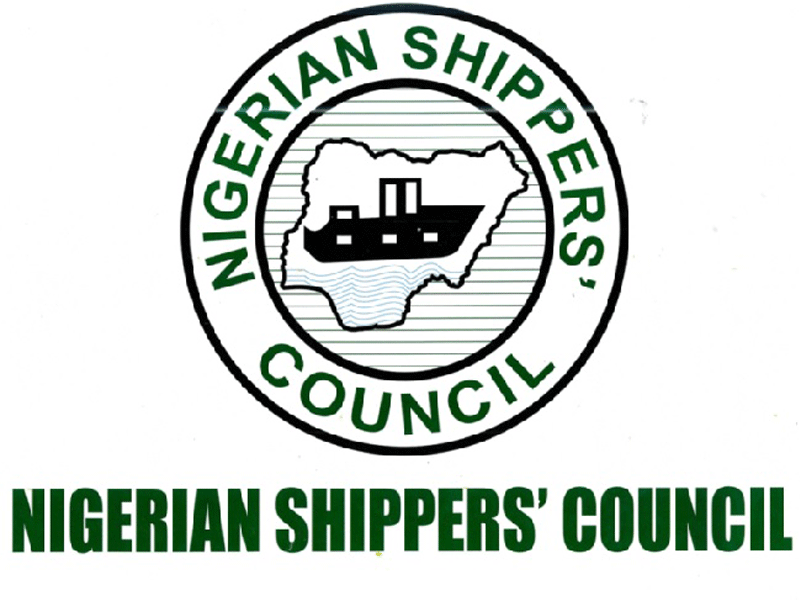The Nigerian Shippers’ Council (NSC) has been praised for its efforts to enhance efficiency in port operations, a move seen as a positive development for both the economy and the maritime industry.
Freight forwarders and the research group Sea Empowerment and Research Centre (SERE) commended the NSC’s Executive Secretary, Barr. Pius Akutah, for implementing transformative measures in the nation’s port industry. They noted that Nigeria is aligning its port operations with global best practices, which is a welcome step.
Dr. Eugene Nweke, Head of Operations at SERE, expressed enthusiasm over the council’s initiatives to elevate Nigerian ports to international standards. He highlighted that these efforts would positively impact the cost of doing business at the ports and, consequently, the prices of goods in the market.
Nweke observed that since assuming office, Akutah has introduced numerous reforms aimed at improving the maritime and port sectors. In a discussion with newsmen, he emphasized Akutah’s commitment to promoting port efficiency, eliminating arbitrary charges, and facilitating trade.
According to Nweke, the NSC CEO has performed exceptionally well in his first year, actively engaging with stakeholders to enhance industry operations. He stated, “With a dedicated management team and staff, the NSC has championed port efficiency, curbed arbitrary charges, and promoted trade facilitation. Under Akutah’s leadership, the Council has also secured significant financial recoveries on behalf of shippers. The compliance unit alone has reclaimed hundreds of millions of naira, underscoring his dedication to protecting shippers’ interests.”
Nweke further praised Akutah’s interventions on behalf of shippers, noting his advocacy for fair treatment from shipping companies, terminal operators, and other service providers. Whether through negotiations, mediation, or regulatory actions, Akutah has consistently prioritized the welfare of shippers.
“One of his notable achievements,” Nweke added, “is the implementation of the Enterprise Content Management System (ECMS), which has advanced digitalization and automation within the NSC. He has also championed a robust legal framework to solidify the Shippers’ Council’s role as Nigeria’s Port Economic Regulator, enhancing port efficiency and competitiveness.”
Under Akutah’s leadership, the NSC has made remarkable strides in promoting port efficiency, trade facilitation, and regional maritime hub development. Despite challenges, the Council has worked closely with terminal operators to ensure they have the necessary equipment to boost trade and improve port operations.
“The NSC has sustained its tradition of engaging stakeholders—including shipping companies, terminal operators, freight forwarders, and other service providers—to exchange ideas, enhance trade facilitation, and optimize industry operations,” Nweke said.
He further noted that once the new NSC Bill is signed into law, the ports industry will undergo even greater transformation. As the Nigerian Shipping and Port Economic Regulatory Agency, the Council will be empowered to make significant contributions to the maritime sector.
“With his expertise and passion for shipper welfare, Akutah is the ideal leader for this new agency,” Nweke stated. “The restructured agency is expected to drive industry performance through a more effective regulatory framework, fostering competition, and safeguarding the interests of shippers and other stakeholders.”
On internal administration, Nweke acknowledged Akutah’s commitment to staff welfare, training, and professional development, while calling for increased funding to further strengthen these efforts.
“Under his leadership, the Council has cultivated a positive work environment, encouraging professional growth and active staff participation in industry affairs. The establishment of a Disciplinary Committee for Senior and Junior Staff Associations highlights his dedication to fairness, transparency, and accountability within the organization. Without a doubt, the NSC remains a vital meeting point for maritime stakeholders, providing a platform for resolving industry concerns efficiently.”

